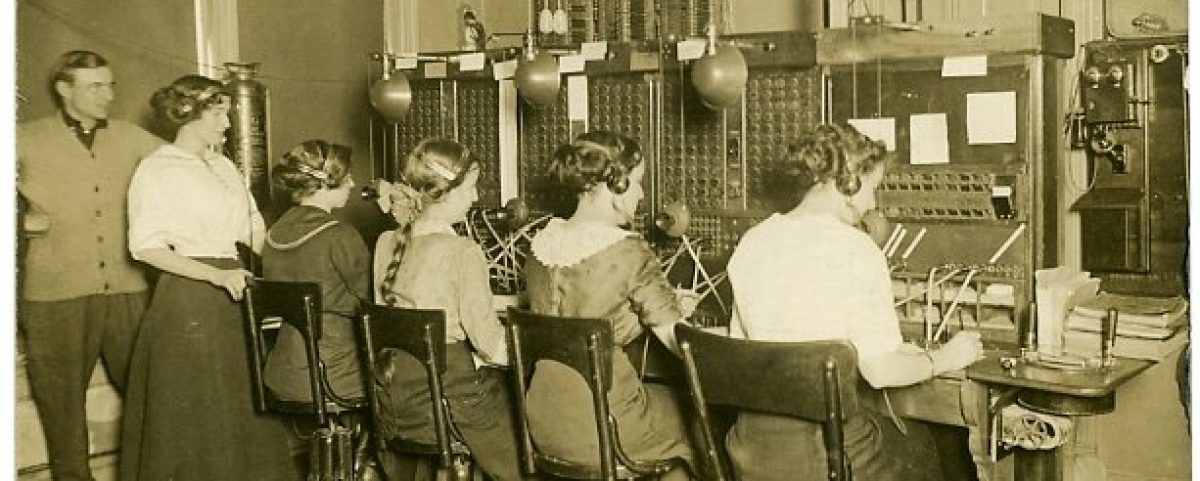
As a result of developing research materials for centuries many of the nation’s largest public libraries have vast collections of photographs and postcards from earlier times. These items, which are helpful to those digging into the past, have always been available, safely preserved and stored away for visiting patrons. But now access is greatly enhanced as many of these institutions implement online sharing platforms that support the organization’s mission by increasing access for education, research, and personal enrichment.
The Boston Public Library (BPL), following the example of the Library of Congress, is one of the institutions that has embraced this approach. It has about 86,000 images on the Commons. BPL’s photostream is organized into collections and sets. clustered by major topic and state. It has many historical treasures, including posters, postcards, labels, sheet music, trade cards, and much more. There are 189 Delaware and 380 Maryland postcards, for example.
The goal of the Flickr Commons is to increase access to publicly held photograph collections and provide a way for the general public to contribute information and knowledge.
Check it out. You will find images there that will catch your interest as more institutions find innovative ways to share holdings found in the “world’s public photography archives.” Beyond making the images available on the Internet, visitors are invited to contribute to the public knowledge by adding tags and leaving comments.
———————–
Flickr, Google and Others are Out to Catalog the World’s Public Photo Archives.
The blog Indicommons has a lot of additional information about the the Flickr approach. Check it out for details, but here are some points the site makes
- “The Commons . . . expands creative freedom and enriches culture by pushing cultural media outside of the confines and limitation of physical media and by making this media available . . .”
- “Participating institutions benefit from greater exposure of its collections through Flickr’s high profile and it’s large user base.”
- “The Commons also allows participating institutions to harness the limitless power of the crowd to mine otherwise inaccessible data.”
- “The Commons provides educators and their students a wealth of historical imagery and information from around the world. It also allows educators and their students to participate in the historical research and tagging.”


